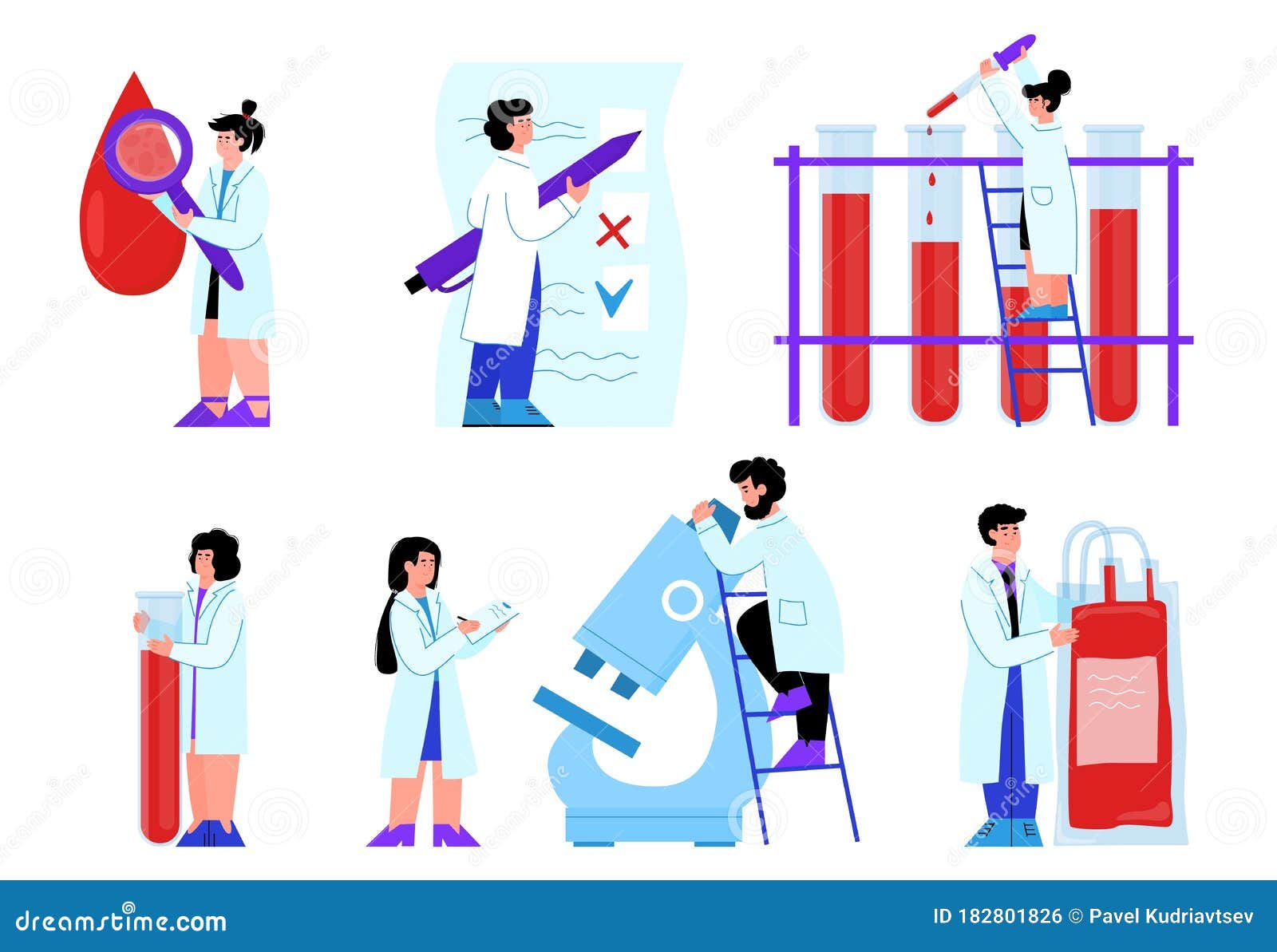Ensuring your dog or cat stays in top condition, veterinary diagnostics makes a big difference. Veterinary laboratories monitor overall health for four-legged family members.
Here, we’ll learn about the role of pet laboratory services and outline essential diagnostics.
Understanding Veterinary Labs for Pets
Veterinary laboratories examine biological specimens to assist veterinarians. These labs leverage cutting-edge tools to deliver reliable diagnostics.

Primary functions of veterinary labs include:
- Spotting health issues early: Prevents conditions from escalating.
- Managing long-term health issues: Supports long-term health strategies.
- Adjusting medications as needed: Boosts recovery rates.
Essential Pet Health Exams
Diagnostic centers for pets perform an array of procedures to identify potential problems. Standard procedures include:
- Biochemical testing: Monitor immune health.
- Urinary tract exams: Check for diabetes.
- Parasite screenings: Evaluate digestive health.
- Allergy panels: Diagnose environmental or food allergies.
- Imaging diagnostics: Identify hidden abnormalities.
analises clinicas veterinaria
Why Routine Exams Are Important for Pets
Routine lab work helps prevent serious issues. By catching conditions before they escalate, you can avoid costly emergencies.

Additional benefits include:
- Enhanced quality of life: Detecting and treating conditions early helps pets remain active and happy.
- Cost-effective care: Minimizing long-term expenses saves time and money.
- Peace of mind for pet owners: Regular testing builds trust.
Why Testing is Key for Dogs and Cats
Animal health testing facilities play a critical role in supporting their health journey. Through consistent diagnostics, you help them live longer and healthier lives.
Start today to protect their future!